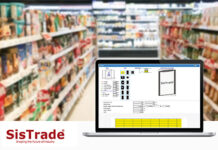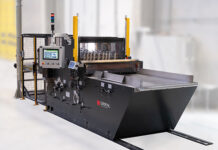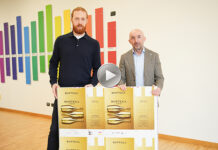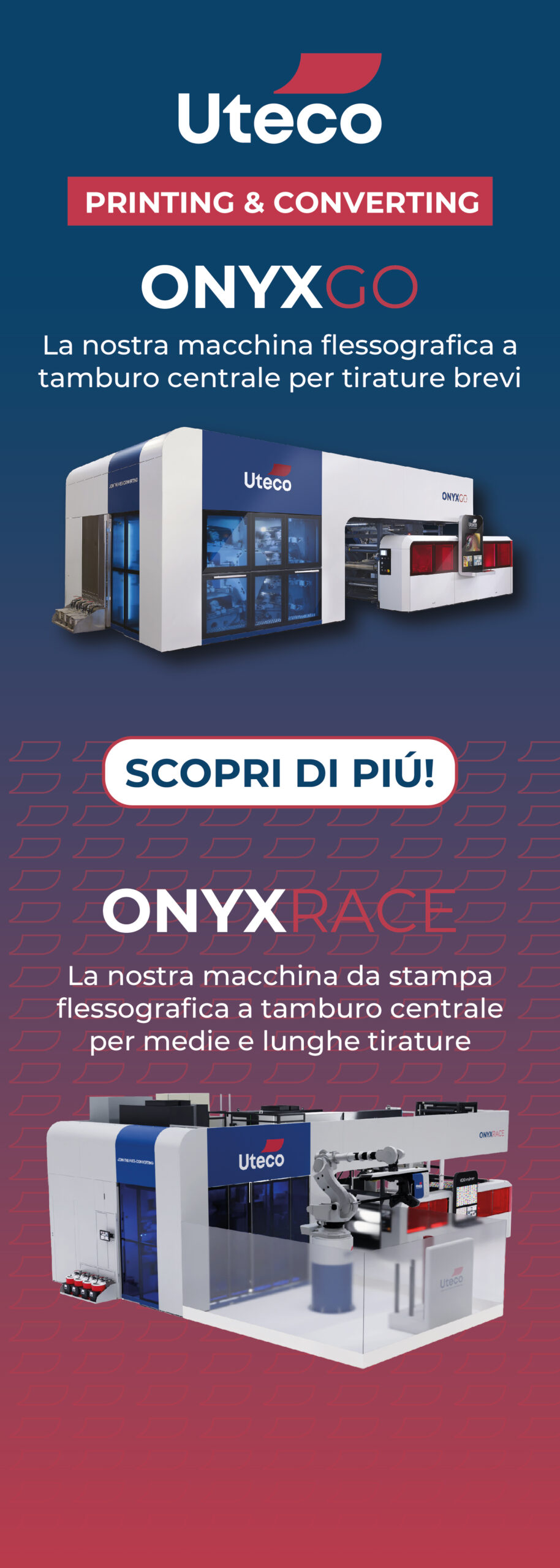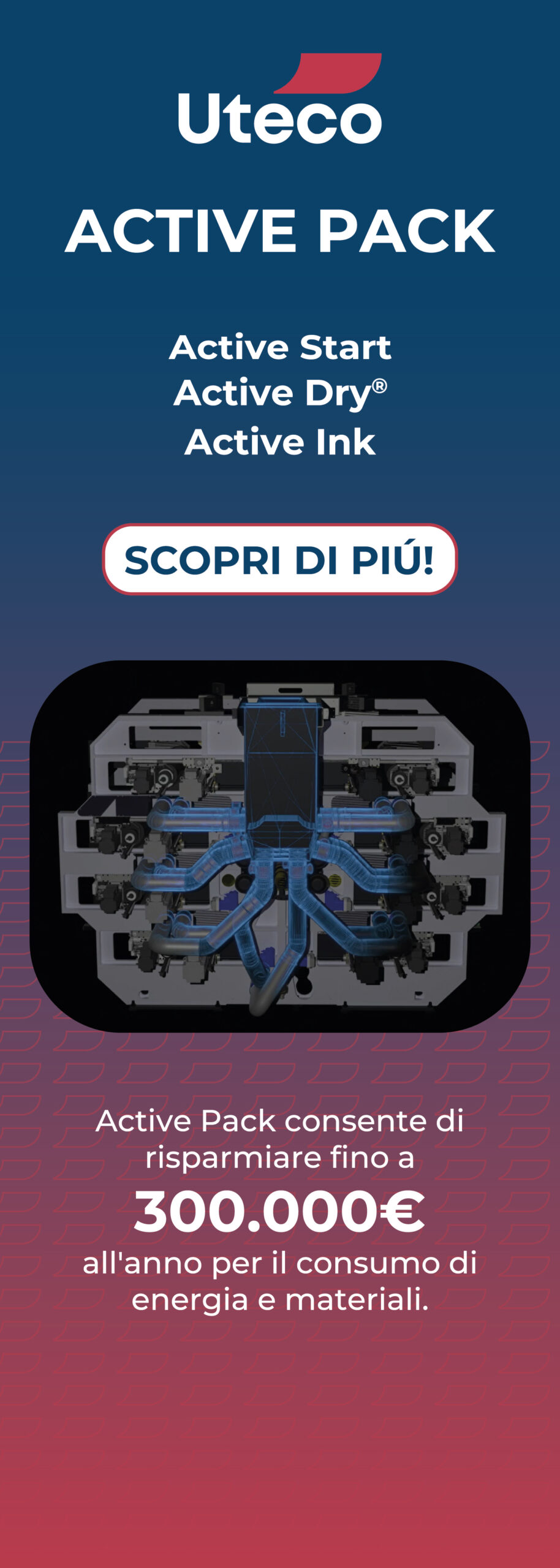 Against the backdrop of COP26 earlier this month, the European Week for Waste Reduction (EWWR) has never been more important. This year’s thematic focus on circular communities refers to the need to ensure individual citizens and the wider community are engaged, invested, and see local value and benefit in pursuing zero waste and circular activities – an initiative that Pro Carton is keen to support. The EWWR noted that “collaboration is the only key” and it’s true; we cannot create a circular economy in isolation. Organisations and all players within the supply chain right through to consumers and recyclers must act wisely to combat climate change.
Against the backdrop of COP26 earlier this month, the European Week for Waste Reduction (EWWR) has never been more important. This year’s thematic focus on circular communities refers to the need to ensure individual citizens and the wider community are engaged, invested, and see local value and benefit in pursuing zero waste and circular activities – an initiative that Pro Carton is keen to support. The EWWR noted that “collaboration is the only key” and it’s true; we cannot create a circular economy in isolation. Organisations and all players within the supply chain right through to consumers and recyclers must act wisely to combat climate change.
When it comes to packaging, we know the consumer demand for improved sustainability is there. In our recent consumer study of 7,000 European consumers, we found that more than 6 out of 10 consumers say that the environmental impact of packaging affects their purchasing decisions. What’s more, when asked for a preference if the same product was available in plastic or cartonboard/cardboard, four out of five opted for the paper-based format and less than one in ten would prefer to go for the product packed in plastic. The cartonboard industry is witnessing increasing demand from brands across all different categories, looking to make the important switch to more sustainable packaging materials.
Of course, waste prevention comes in many forms and its crucial to remember that not all packaging becomes ‘waste’. Much like we do at Pro Carton, the EWWR promote three core “R’s” – reducing consumption, reusing products and recycling waste.
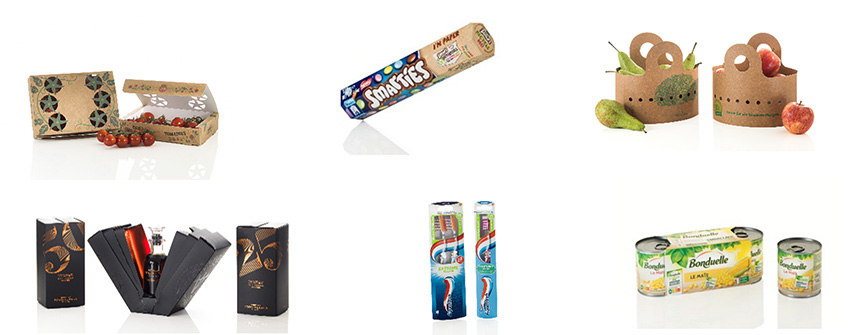
Whilst the need to reduce mainly focuses on using fewer resources in the first place, it’s worth noting the importance of packaging and its function in delivering on this sustainability initiative. When used correctly, packaging increases the shelf life of products and protects them during transportation, which is paramount to reducing the problem of food waste. As such, fit for purpose solutions that are designed for reduction and have a smaller environmental impact are hugely beneficial. Here, cartonboard is packaging’s answer to the circular economy. By reducing waste, it is the perfect example of a functional packaging material that due to its properties, can also be reused and recycled.
It’s no secret that cartons are the most sustainable form of packaging available. They are produced using renewable material that doesn’t deplete the Earth’s natural resources and can be recycled 25 times or more. Indeed, across Europe, 85% of paper and cardboard packaging is currently recycled – more than any other material.
Whilst this number is positively high, we join EWWR in urging brands, governments, and consumers to do more. In our survey, more than half (58%) of consumers said they were now recycling more than they were a year ago and over half had reduced the number of products packed in plastic that they buy. We further raise the bar and target for 90% recycling rate by 2030. For this we need the strong discipline of retailers and consumers to sort and collect and make the valuable material available with authorized recyclers for reusing the material in the cartonboard mills.
It’s time to take a leaf out of nature’s book; nature knows no waste, and natural recycling can be seen across all organic ecosystems that work in a circular function. Much like COP26, one week to focus on this major issue is not enough. But it’s a great place to start, particularly with raising awareness. Let’s take this opportunity as individuals, groups and organisations to shape circular communities, working together to carry out awareness-raising actions about sustainable resource and waste management to build a better future for our planet.







